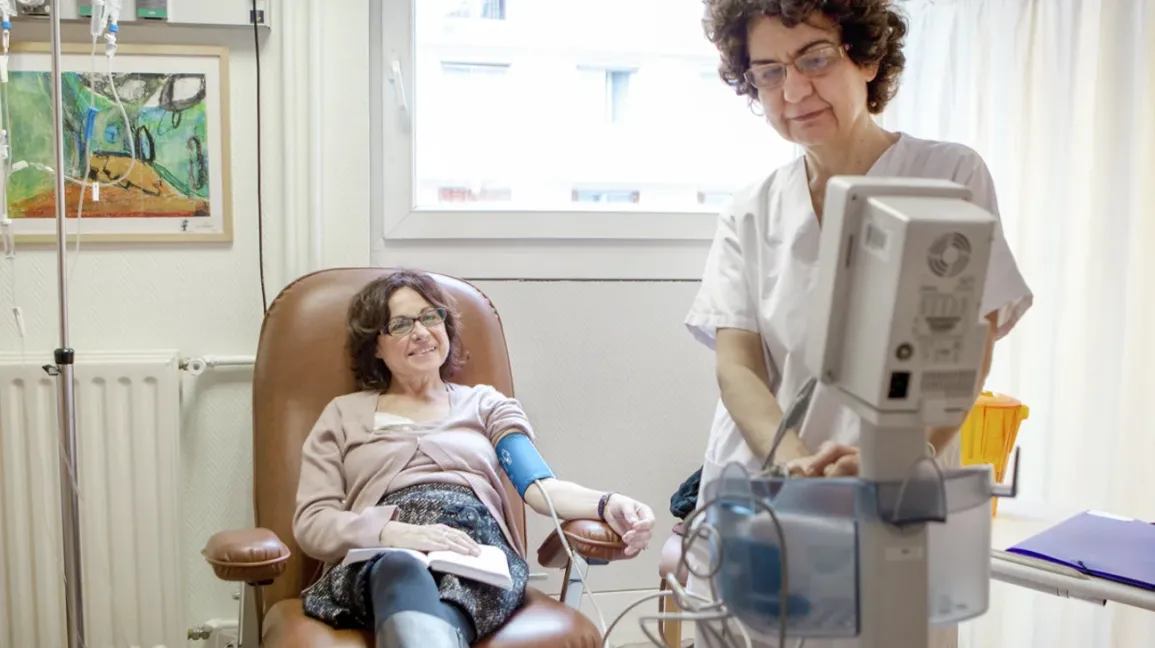Radiation therapy is a commonly used treatment for cancer that uses high-energy beams of radiation to destroy cancer cells. While radiation therapy is an effective way to treat cancer, it can also cause side effects including sexual problems like erectile dysfunction. For this, you may have to take medicines like Cenforce 150mg and Fildena 150mg to enjoy sexual activity.
What is Radiation Therapy?
Radiation therapy is a type of cancer treatment that uses high-energy beams of radiation to kill cancer cells. The radiation is delivered to the body from a machine outside of the body, or from a source that is placed inside the body. Radiation therapy is used to treat a range of cancers, including brain, breast, lung, prostate, and other types of cancer.
Common Side Effects of Radiation Therapy
The side effects of radiation therapy can vary depending on the type of cancer being treated, the location of cancer, and the individual’s overall health. Some of the most common side effects of radiation therapy include:
- Fatigue: Many people experience fatigue during radiation therapy, which can last for several weeks after treatment.
- Skin changes: The skin in the area being treated may become red, dry, or itchy.
- Nausea and vomiting: Some people may experience nausea and vomiting during or after radiation therapy.
- Diarrhea: Radiation therapy can cause changes in bowel habits and increase the risk of diarrhea.
- Hair loss: Hair loss can occur in the area being treated.
Managing the Side Effects of Radiation Therapy
While radiation therapy can cause side effects, there are ways to manage them. Some of the most effective strategies for managing the side effects of radiation therapy include:
- Eating a Healthy Diet: A healthy diet can help to manage the side effects of radiation therapy and reduce the risk of other health problems.
- Staying Hydrated: Staying hydrated can help to reduce the risk of side effects, such as fatigue and nausea.
- Engaging In Physical Activity: Physical activity can help to boost energy levels and reduce fatigue during and after radiation therapy.
- Getting Adequate Rest: Getting adequate rest can help to reduce the risk of fatigue and other side effects of radiation therapy.
What to Expect During and After Radiation Therapy
Radiation therapy is typically given on an outpatient basis, and the number of treatments required will depend on the type of cancer being treated and the individual’s overall health. During radiation therapy, the individual will lie on a table while the machine delivers the radiation. After radiation therapy, the individual will typically be able to go home and resume normal activities.
Radiation Therapy and Sexual Problems
Radiation therapy, which involves the use of high-energy beams to target and destroy cancer cells, can cause a range of side effects. One of the potential side effects of radiation therapy is sexual dysfunction. Radiation therapy can affect the sexual organs and the surrounding tissues, causing changes in sexual function. This may include issues such as erectile dysfunction, decreased libido, and difficulties with arousal or orgasm. In some cases, radiation therapy may also cause changes in hormone levels, leading to further sexual problems. However, it is important to note that not all individuals who undergo radiation therapy will experience sexual problems, and there are often ways to manage or treat these symptoms. In case you are facing sexual problems like erectile dysfunction after radiation therapy, the doctor may prescribe medicines like Tadalista 20mg and Vidalista 40mg to help you enjoy sexual activity.
Radiation therapy is an effective way to treat cancer, but it can also cause side effects. By working with a healthcare provider, individuals can find the right strategies for managing the side effects of radiation therapy and reducing the risk of other health problems. With the right support, individuals can successfully complete radiation therapy and improve their chances of a positive outcome.

